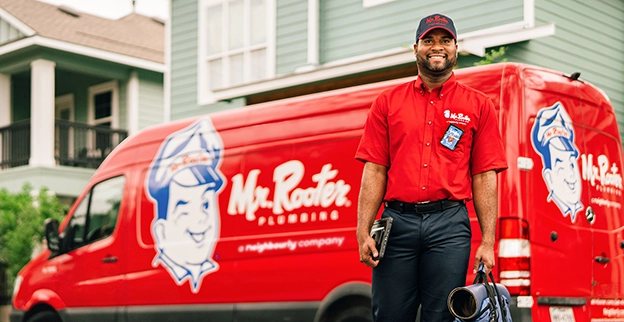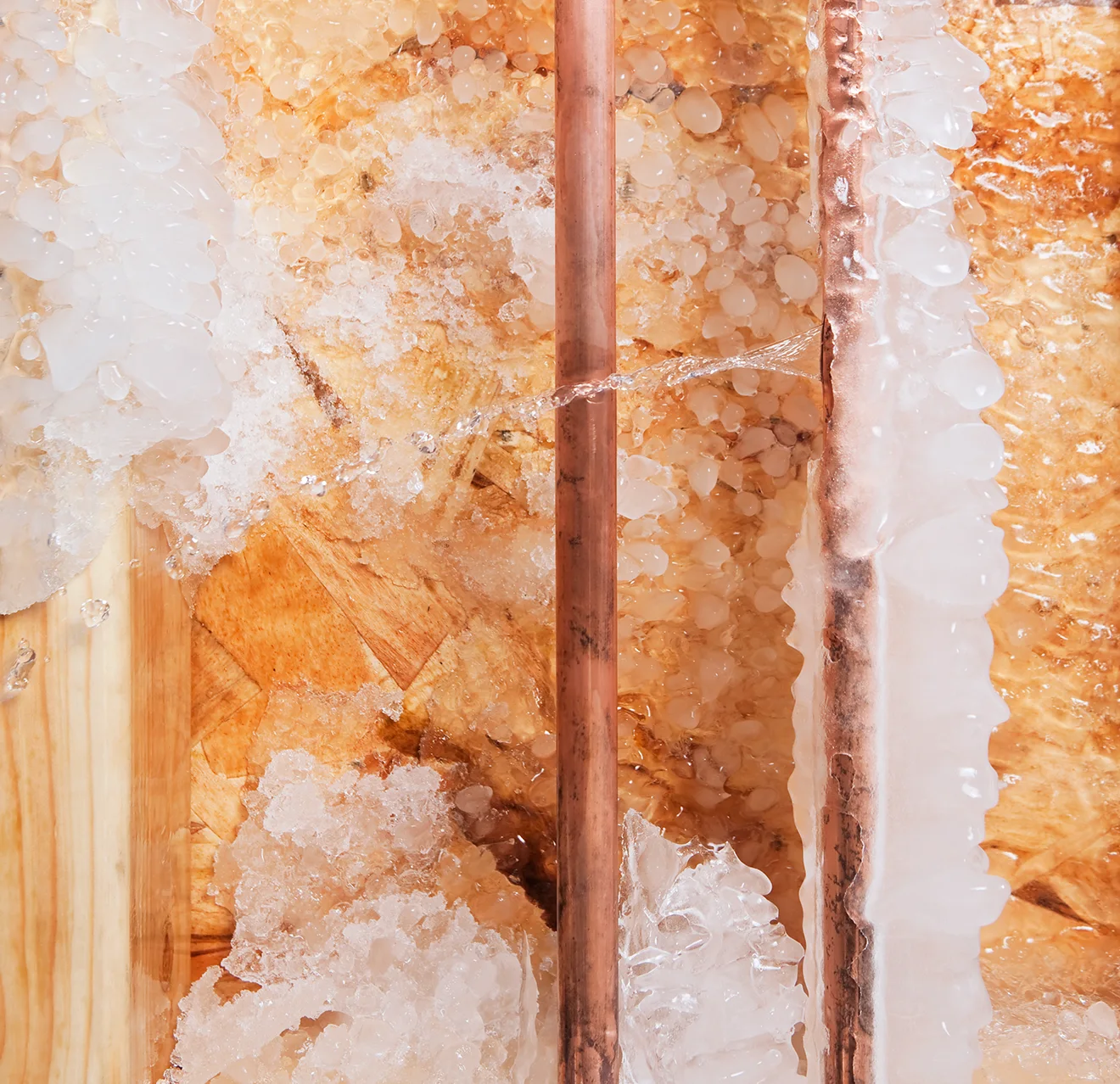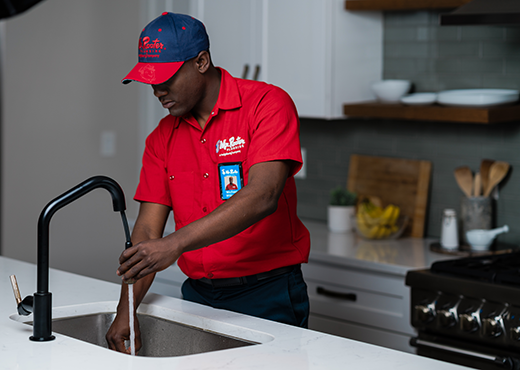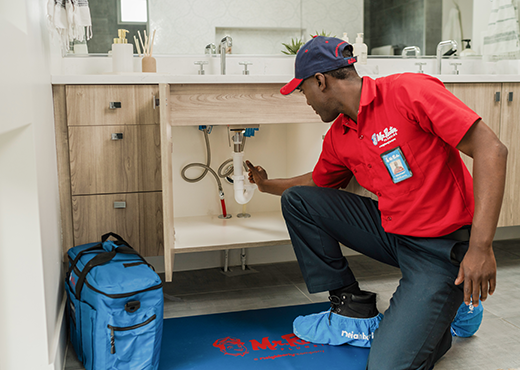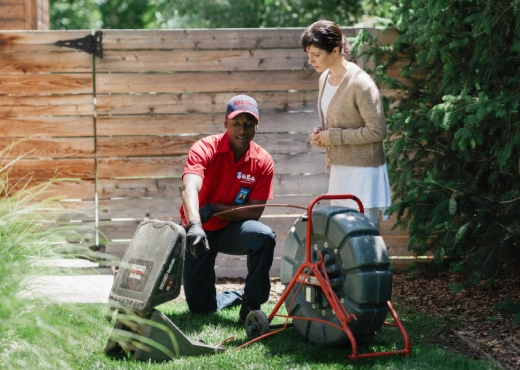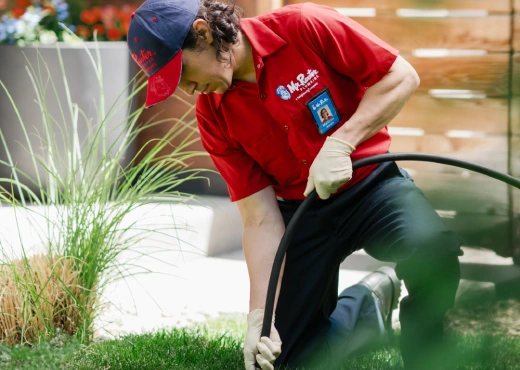There are places in the world where people have never even heard of the types of problems that require frozen pipe repair—but Toronto is certainly not one of those places. During the cold winter months, our Toronto plumber team gets frequent calls from homeowners and business owners who have discovered their water supply pipes or drain lines are frozen solid and need help to get the water moving again before it causes serious damage. Or, sometimes the worst has already happened and frozen pipes have turned into burst pipes.
If you need reliable, experienced Toronto frozen pipe repair services, then you need them right now—not in a few days or a week. Count on the team of professional plumbers at Mr. Rooter Plumbing of Toronto to restore your plumbing system to perfect working order, regardless of the nature, location, or severity of the problem you're experiencing.
